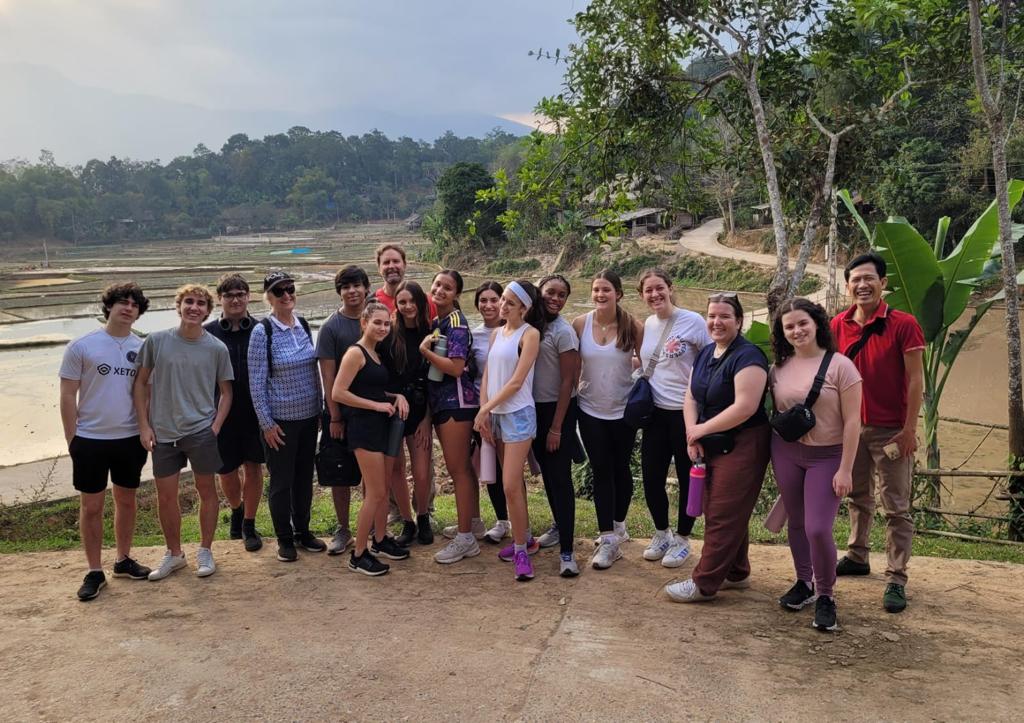
Special Feature | IB Students Venture to Vietnam
A group of 14 International Baccalaureate (IB) students and two chaperones traveled to Vietnam, immersing themselves in Vietnamese culture and history with a focus on creativity, activity, and service (CAS) during Presidents’ Day Recess. Led by CAS Trips, the group started in the north, eventually ending the trip in the south 11 days later. They made several stops along the way in areas including Hanoi, Mai Châu, HaLong Bay, and Ho Chi Minh City. From the countryside town of Mai Châu to the bustling city of Ho Chi Minh City, the group packed a variety of rich experiences in just over the span of a week.
The trip offered various creative experiences for students to participate in. The highlights included a cooking class, and dance classes in the Lac Village in Mai Châu, and a To he (colorful figurines made of glutinous rice dough) workshop taught by a local master artist in Xuan La Village.
“Making the rice sculptures was harder than I thought it was going to be. I didn’t know there was such a thing before doing it,” junior Thais Sousa Lima Blas said.
Along with hands-on activities like the To he workshop and cooking class, the group also took a dance class at a village in Mai Châu, a small town northwest of Hanoi nestled in a valley and known for its homestay tourism and extensive rice paddies.
“Learning the dances in Mai Châu was a great experience because we were able to connect with the village’s culture and their way of life,” junior Anabel Rosado said.
One of the most memorable and creative parts of the trip for junior Enrique Senior was not originally planned: a DJ gig in the middle of Hanoi’s nightlife. Every night, in small groups, students were given the liberty to explore whichever city they were in. For Senior, one of those nights consisted of an hour-long DJ set at the restaurant next door.
“That was such a unique experience as I don’t think I’m ever going to get to DJ in Vietnam ever again,” he explained.
The activity strand of the trip encompassed a hike next to Mai Châu’s rice paddies, soccer games with the local children, bamboo rafting, kayaking in HaLong Bay, and 6 a.m. tai chi.
For Senior, playing hours of soccer with the village’s children was one of his most memorable moments of the trip.
“I feel like soccer is a very universal language in itself as we didn’t really need to communicate with words, just with just actions,” Senior said. He added that the kids would pick up the Spanish phrases he would shout out while playing soccer and that he even learned some Vietnamese himself.
Through the activity part of the trip, junior Juan De Fex also felt that he was able to connect with the local people, something he wasn’t expecting when originally signing up for the trip and was grateful for the experience.
“I think the trip overall was a great experience because not only did we just visit a new place, but we actually interacted with the people there and we saw a new way of life through their perspective,” he said
During their third and final visit to the village, the IB students and chaperones took an hour and a half hike through the mountain valleys parallel to the rice paddies which was the highlight of the trip for De Fex and Sousa Lima Blas.
“It was the most beautiful place I’ve ever seen in my life. I didn’t know that there was such a beautiful place in such a small village,” Sousa Lima Blas said.
In Mai Châu, the group refurbished and built additional structures for the village’s hospital playground with a focus on social and cultural sustainability.
“[In] Mai Châu, we were able to offer something that the hospital needed and wouldn’t have had an opportunity to redevelop on their own through the playground,” CAS Trips Program Director Neil Brinckerhoff said.
The students performed a variety of tasks, providing a helping hand for the local Mai Châu community: they swept and cleaned the area, designed the playground’s new layout with the help of an architect, built new climbing structures, repainted existing structures, painted playground games on the floor, and more. According to Linde Barrett, International Baccalaureate CAS & Extended Essay Coordinator, the hospital services Mai Châu’s 60,000 residents.
“The little kids would just start pouring on to the playground to start using the swings, the slide, or the rock wall. It was a really rewarding experience looking at what was set up,” Barrett said.
For a number of students like Rosado, the service project was one of the most fulfilling parts of the trip.
“With a little bit of cleanup, the playground looked ten times more lively. The fact that we were able to do that for those kids in that hospital was really nice,” she said.
Beyond being a fulfilling act of service, according to junior Gaëlle Timmer, the opportunity to contribute to a rural town’s main hospital was also a lesson in collaboration among the students and faculty on the trip.
“I was like, I can’t do this, I don’t know what I’m going to be able to contribute to the playground,” she said, adding that through the help of her new friends made on the trip, artistic skills she didn’t know she had were brought out, surprising her. “The project could not have been achieved without complete teamwork.”
Along with the CAS-centered activities, the group visited the U.S. Embassy in Hanoi as well as various historical sites and museums. Most notably, the Cu Chi Tunnels and War Remnants Museum offered a different perspective of the Vietnam War.
“The museums made me realize the extent of war because you hear about wars in books but you don’t really imagine the effect of it so the museums were definitely really impactful for me,” Rosado said.
A unique opportunity to explore an unfamiliar culture and its history, the trip granted students an experiential education, “a different way of learning rather than sitting in the classroom that students can leave, really impacted and hopefully inspired when they go back home,” according to Brinckerhoff.
Throughout the trip, students engaged with the various themes at the core of the IB program: international-mindedness, the United Nations’ Sustainable Development Goals, the theory of knowledge, purposeful inquiry, and more. Each experience targeted a specific core theme, which “had a profound effect on the students” according to Barrett.
Barrett said by the end of the trip, “students became a close-knit community.”
“Students have told me that this trip was one of the most transformative events that they had done in their life,” Barrett said. “The trip really helped us to understand and be involved with other cultures and I found that it was really an incredibly rewarding and unifying trip.”


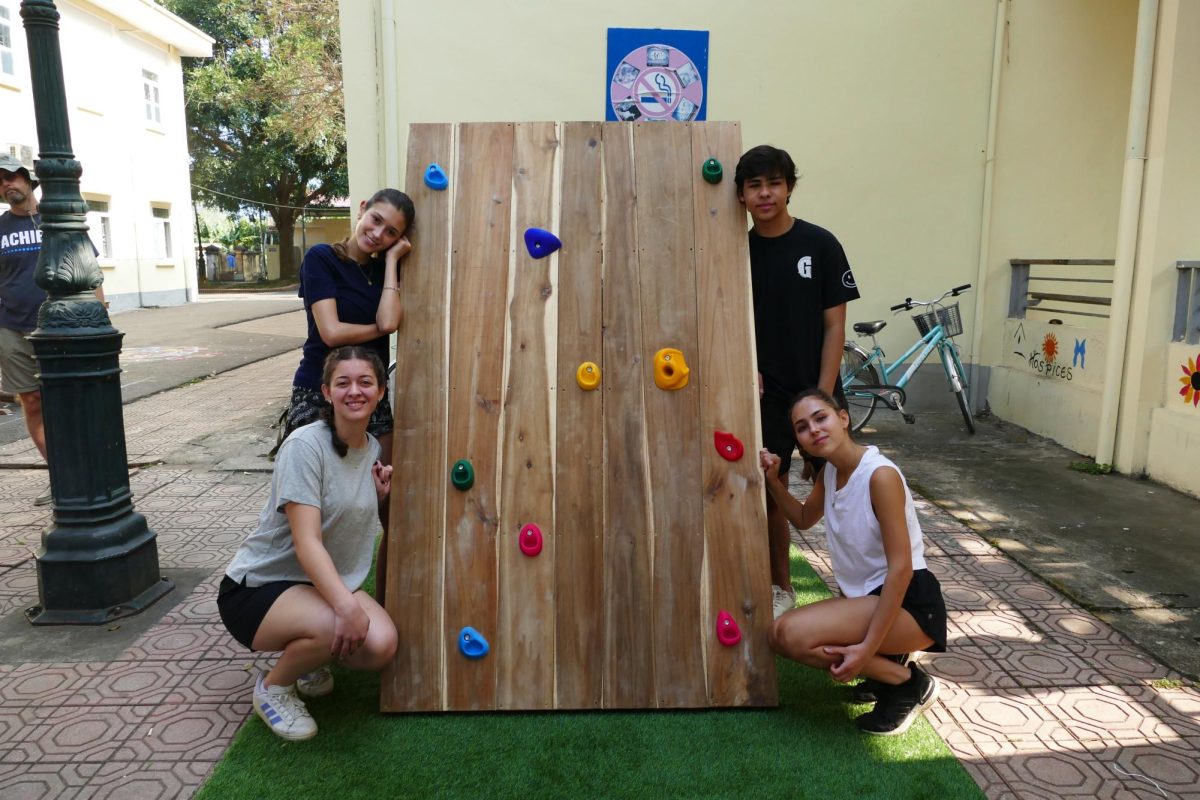
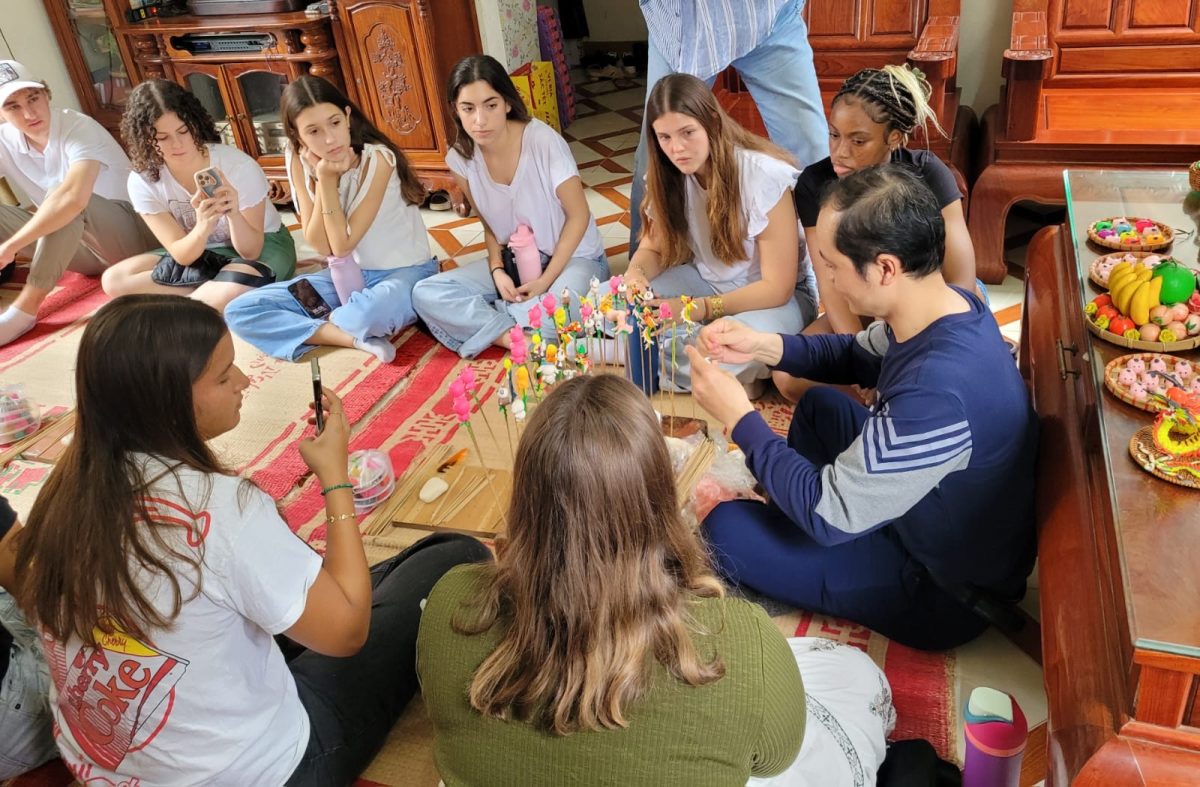
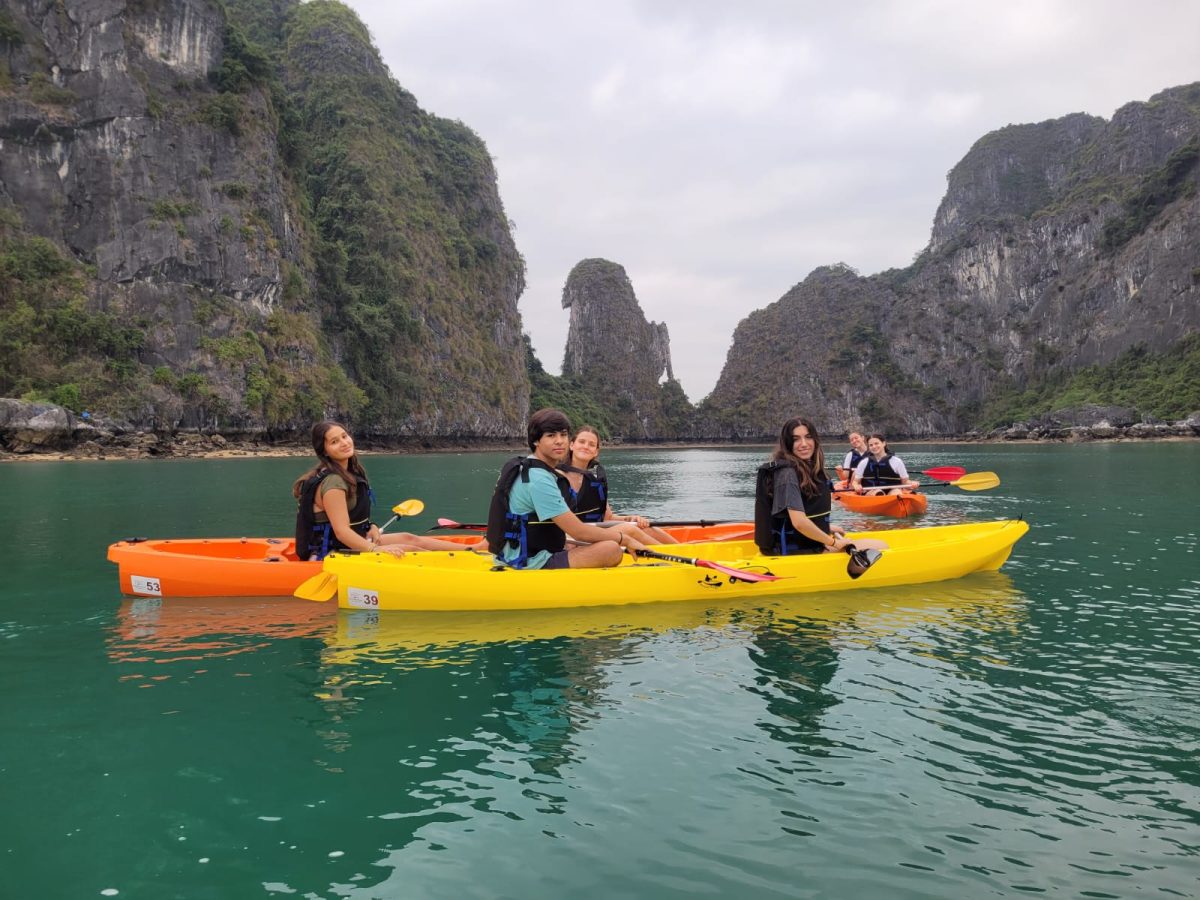
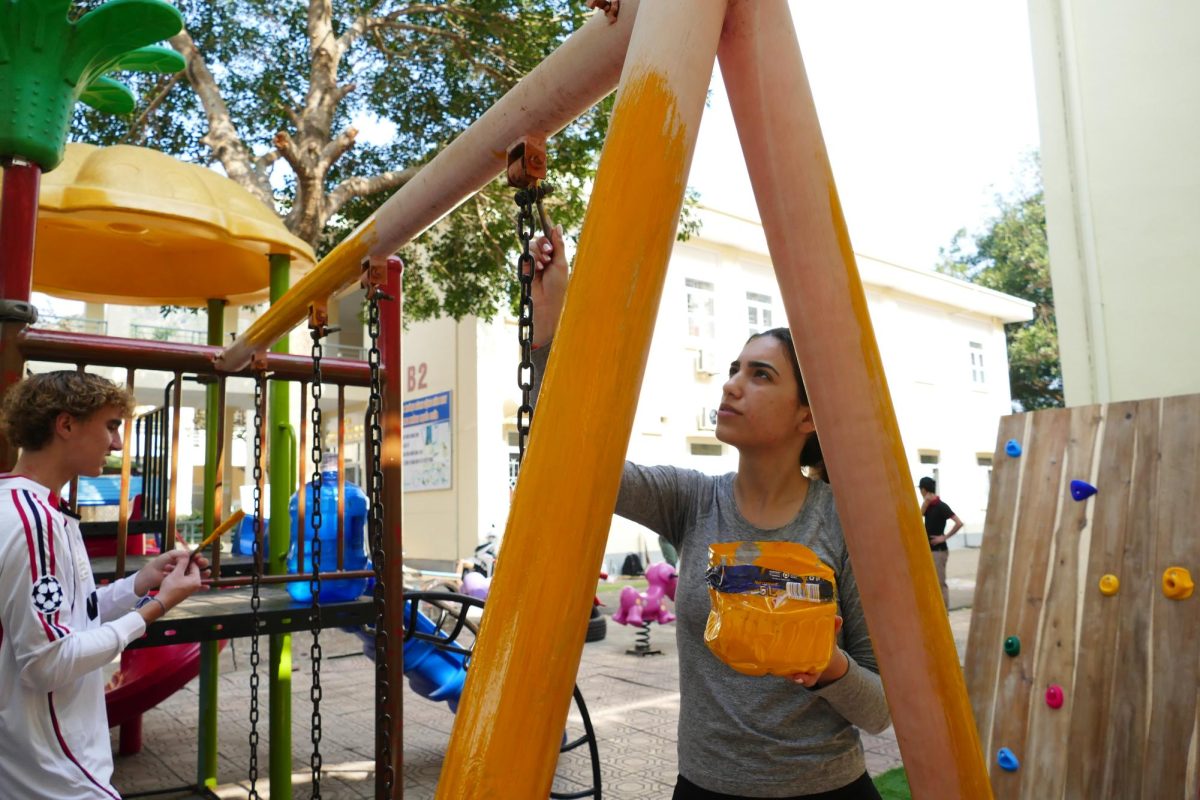
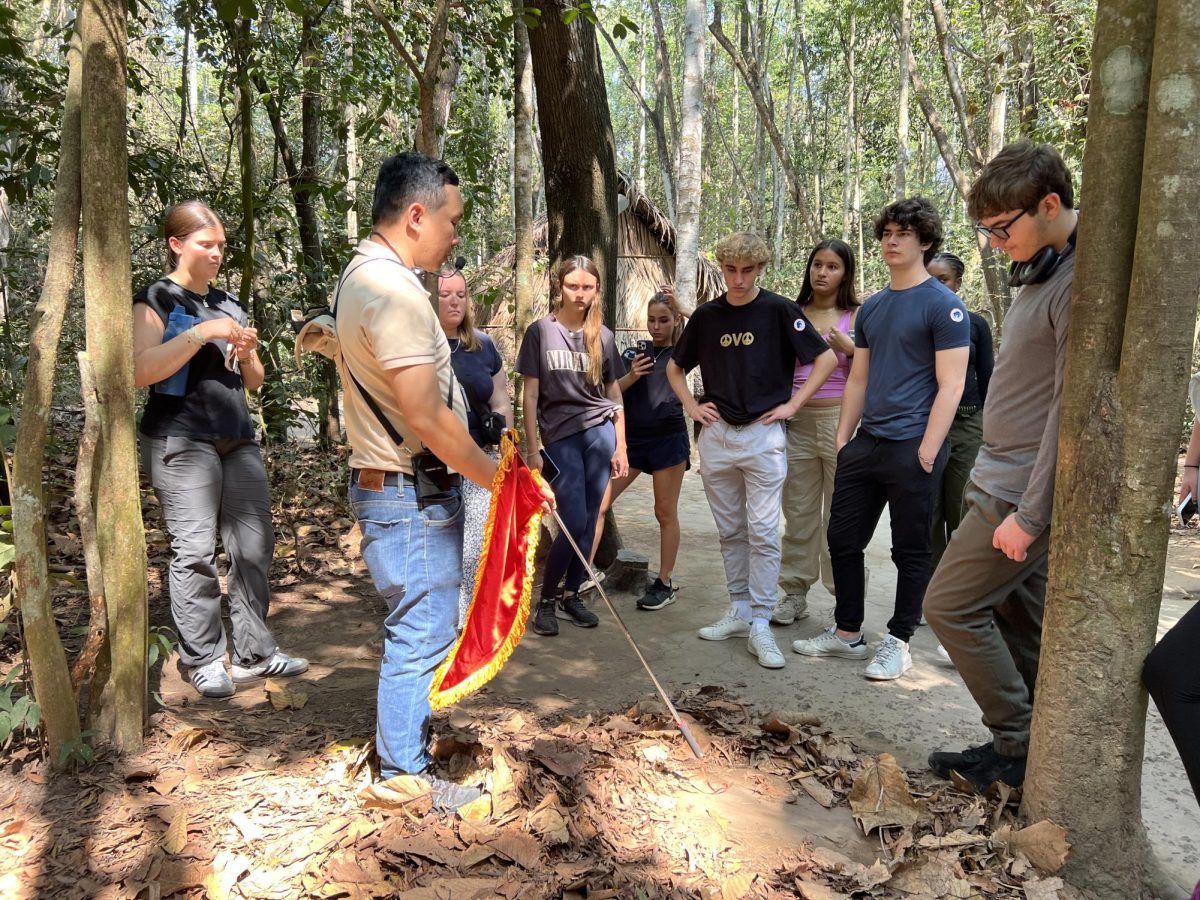

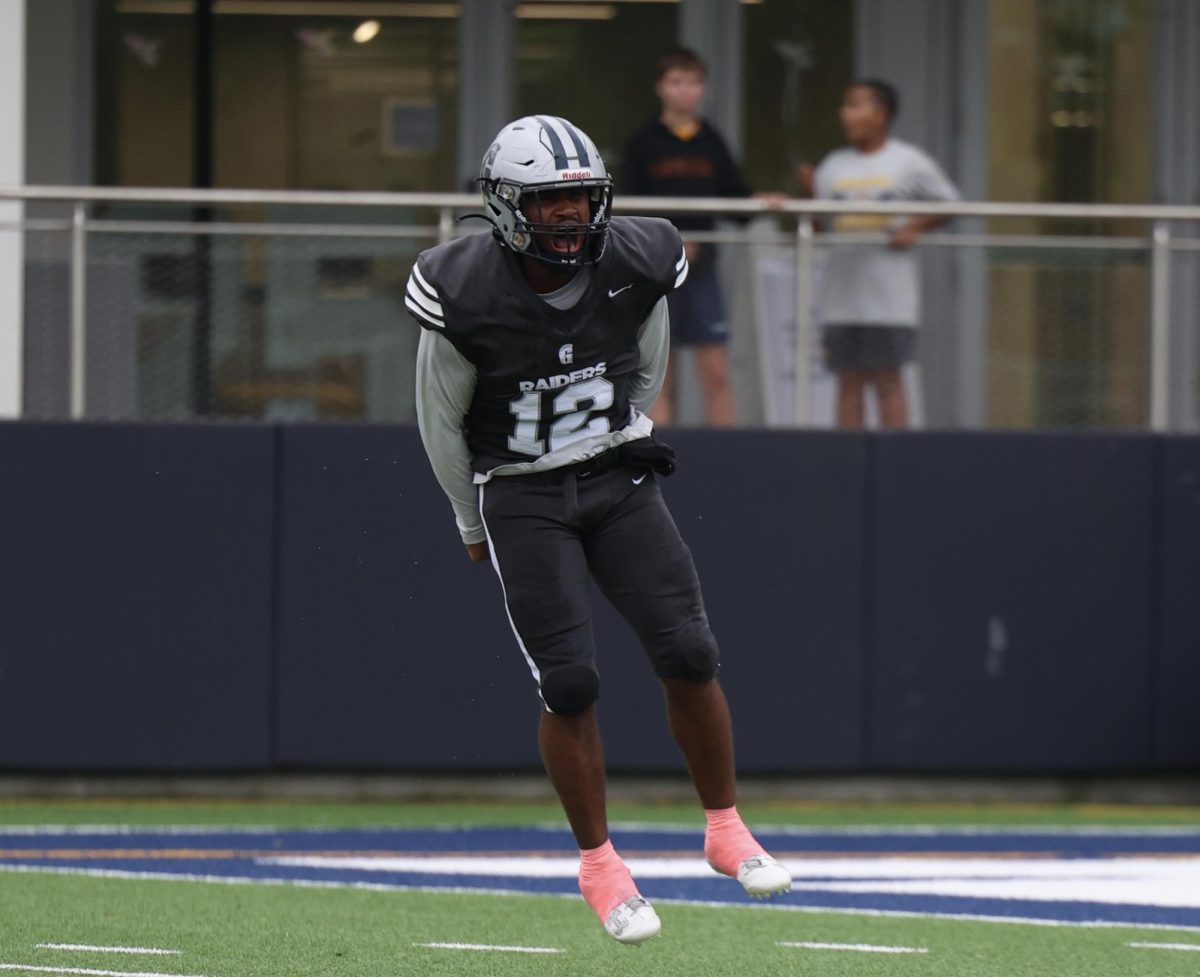

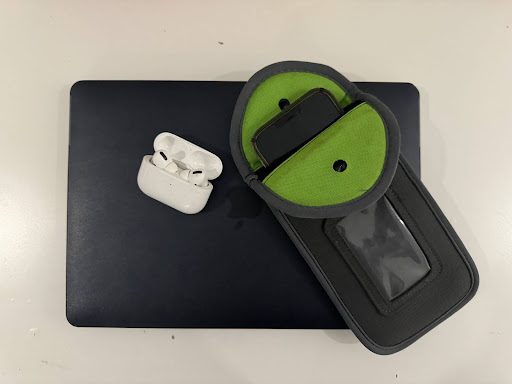

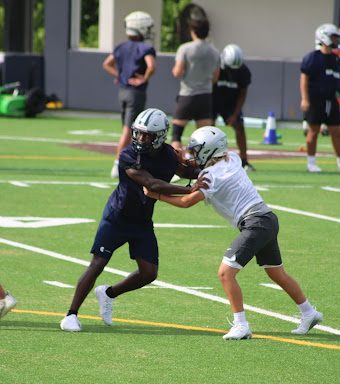
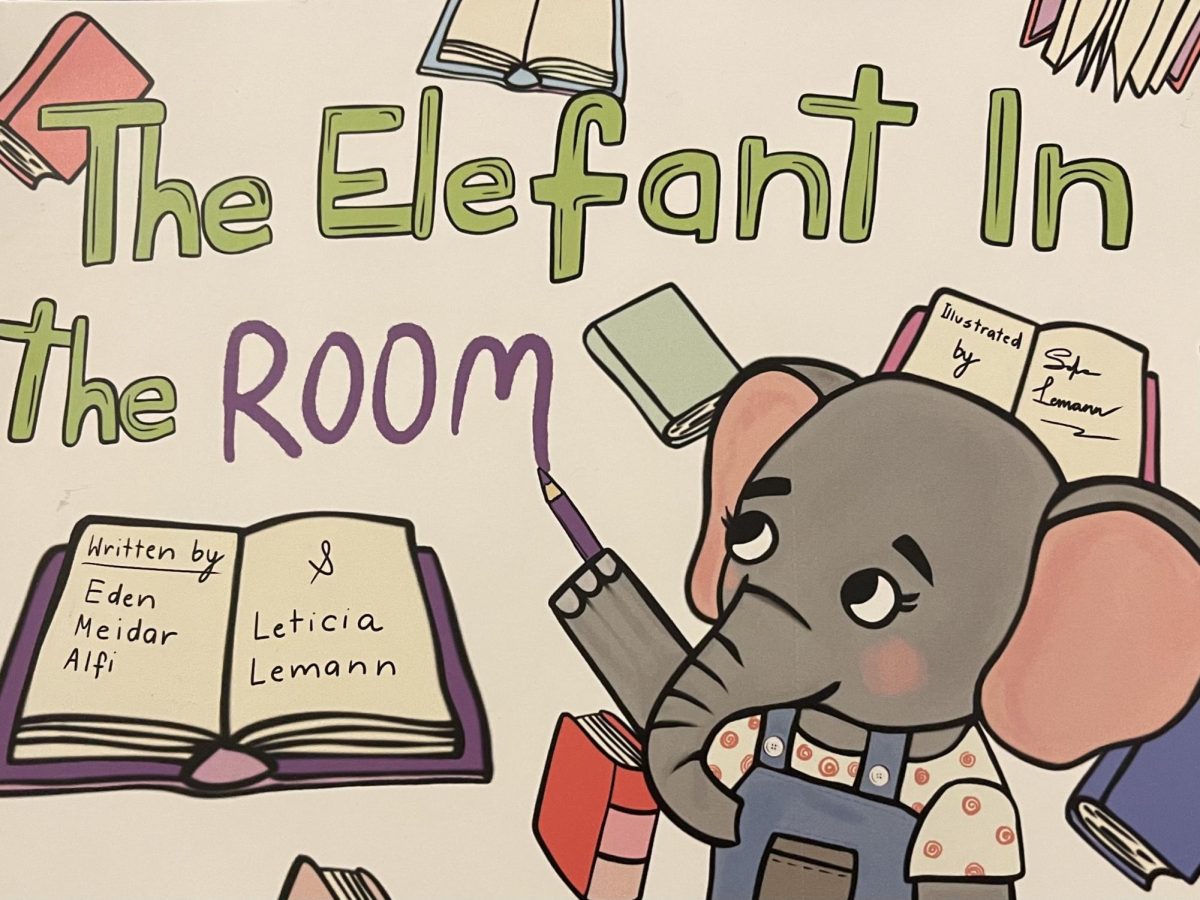
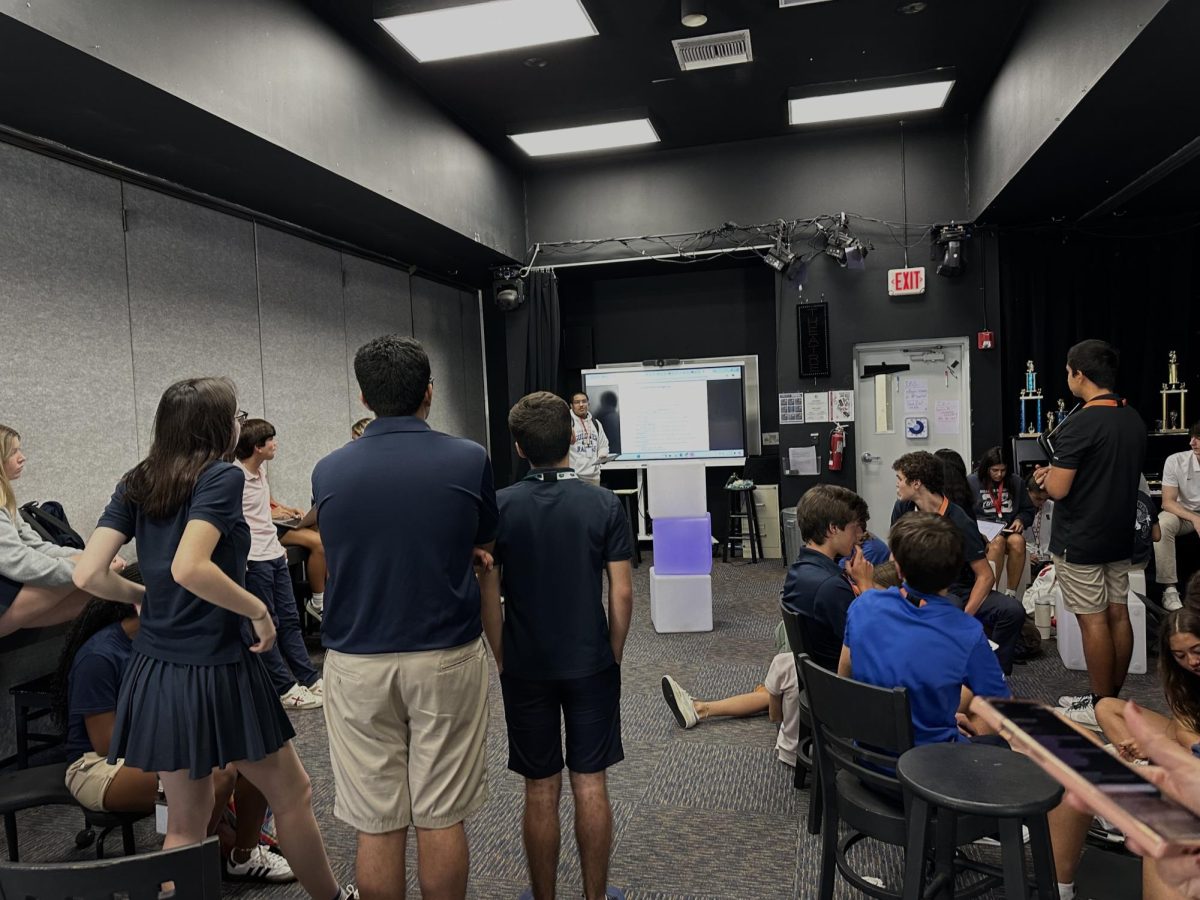


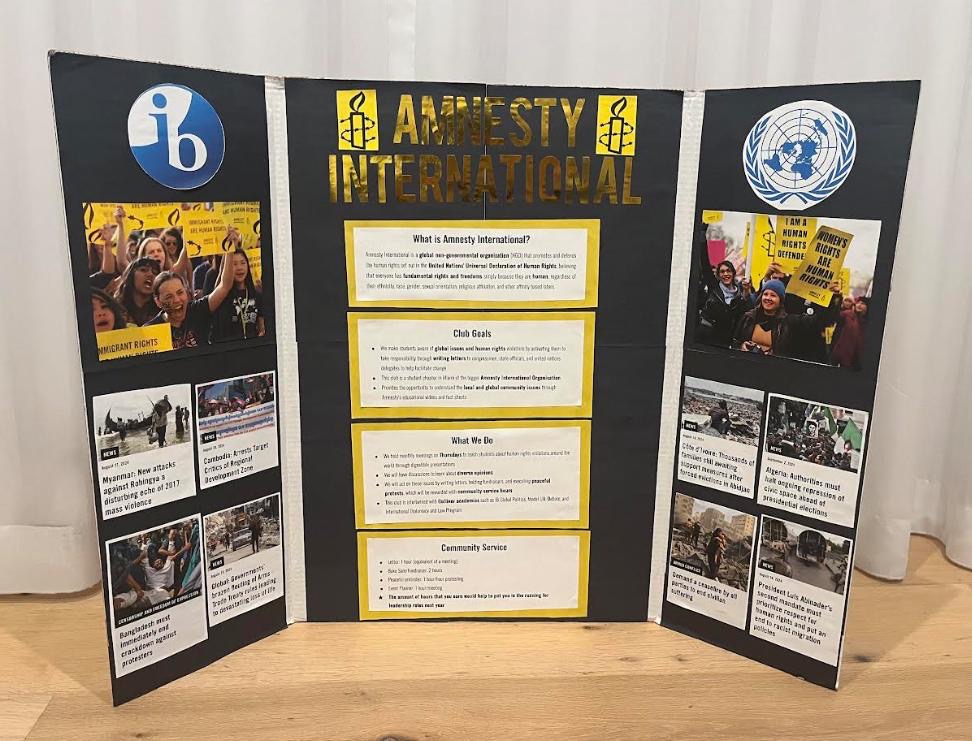

Ricardo Krulig • Mar 21, 2024 at 9:40 pm
Sara! Great article. You describe the trip with a lot of detail and it was very interesting to read the comments from some of the participants in the trip.
Karina Krulig • Mar 21, 2024 at 6:11 pm
Great article about an extraordinary experience, Sara! Proud of the Gulliver IB students who participated and grateful to Mr. Ott and Mrs. Barrett for making it possible.
Mr. Hal Ott • Mar 20, 2024 at 10:36 pm
Thank you for this beautifully written story, Sara. I have fond memories of this trip and the special moments we all shared on the journey. You touched on so many aspects here with a great idea to structure it with Creativity, Activity, and Service, and Building Curiosity and Cultural Awareness.
Luke • Mar 21, 2024 at 12:51 pm
Wow, what a trip and well written article!
Gaëlle Timmer • Mar 20, 2024 at 8:59 pm
I love the article Sara!!
Felipe • Mar 20, 2024 at 8:47 pm
Great work Sara
Isabella Antorcha • Mar 20, 2024 at 8:46 pm
such an amazing experience!!
Anabel • Mar 20, 2024 at 8:44 pm
Amazing article! Truly captures this amazing experience!